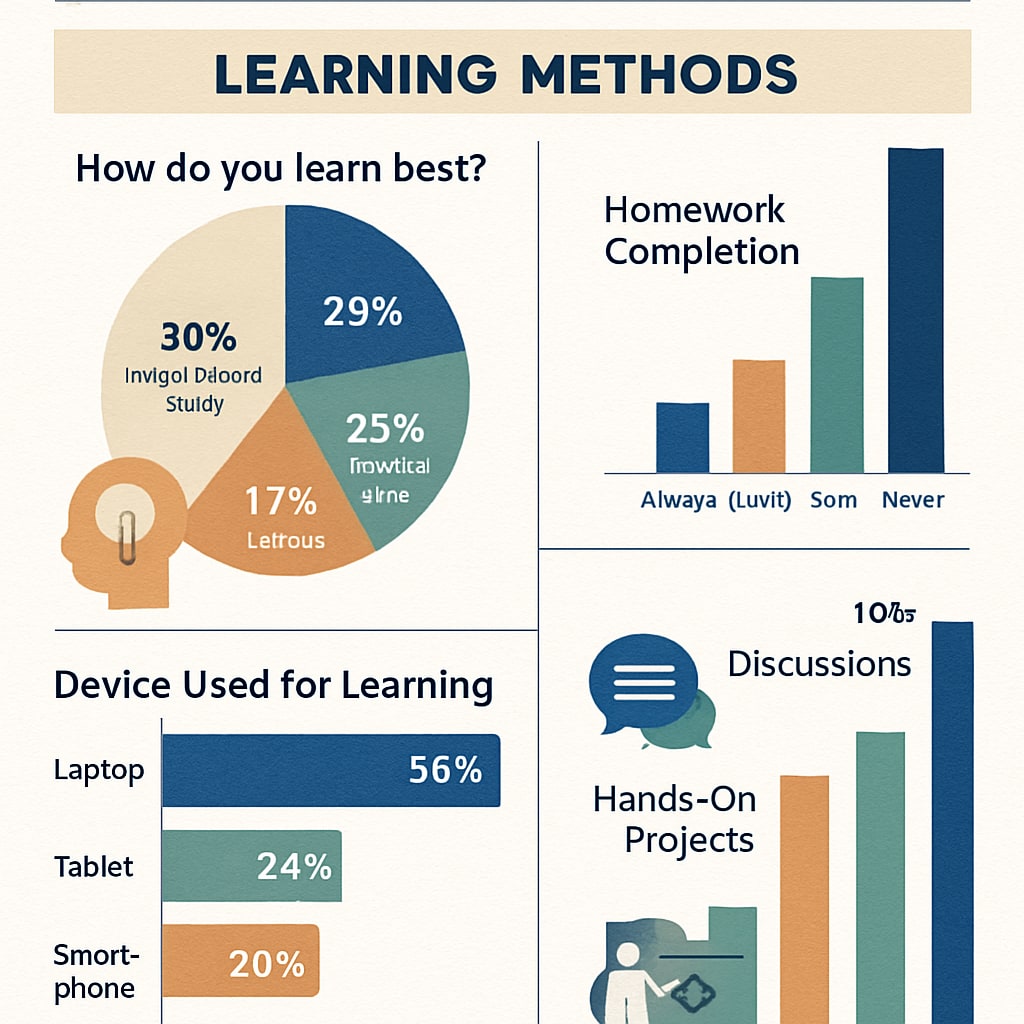Identifying effective learning methods for K12 students is essential for creating meaningful educational change. Research surveys play a pivotal role in bridging the gap between theoretical frameworks and practical application, providing data-driven insights that are vital for shaping the future of education. As a result, educators, parents, and students are being called upon to participate in a groundbreaking survey initiative aimed at uncovering the learning secrets that drive success.

Why Research Surveys Matter in Education
Research surveys serve as a powerful tool for understanding the nuances of student learning. By collecting responses from various stakeholders in education, these surveys provide valuable data that highlight the efficacy of different learning strategies. For example, techniques such as collaborative learning, project-based activities, and digital tools can be analyzed to determine their impact on student engagement and performance.
Furthermore, surveys act as a bridge between academic theories and real-world applications. They allow educators to test hypotheses about learning methods and tailor these strategies to meet the diverse needs of K12 students. According to educational psychology, understanding how different students absorb information is crucial for creating effective curricula.
How Effective Learning Methods Shape K12 Education
Effective learning methods have the potential to revolutionize K12 education by improving outcomes and fostering lifelong skills. For instance, personalized learning approaches, which adapt to individual students’ needs, have shown remarkable results in increasing retention rates and boosting confidence.
But how can we identify these methods? This is where research surveys come into play. By collecting detailed feedback from students, parents, and educators, we can pinpoint which techniques work best across varying age groups, subjects, and learning environments. As a result, surveys help in building evidence-based educational practices that benefit all stakeholders.

How You Can Contribute to Educational Transformation
The success of this initiative depends on active participation from everyone involved in K12 education. Whether you’re a parent observing your child’s learning habits, a teacher experimenting with new techniques, or a student experiencing firsthand what works for you, your input is invaluable.
Here’s how you can participate:
- Complete the survey shared by your local schools or educational organizations.
- Encourage others in your community to take part in the survey.
- Share insights about effective learning methods you’ve observed or experienced.
By contributing to this data collection process, you play a direct role in shaping the future of education. As educational research continues to evolve, these insights will be instrumental in driving meaningful change.
Readability guidance: Use short paragraphs and lists to summarize key points. Ensure a balance between active and passive voice, and distribute transition words like “however,” “therefore,” and “in addition” throughout the text. Maintain a logical flow across sections.


